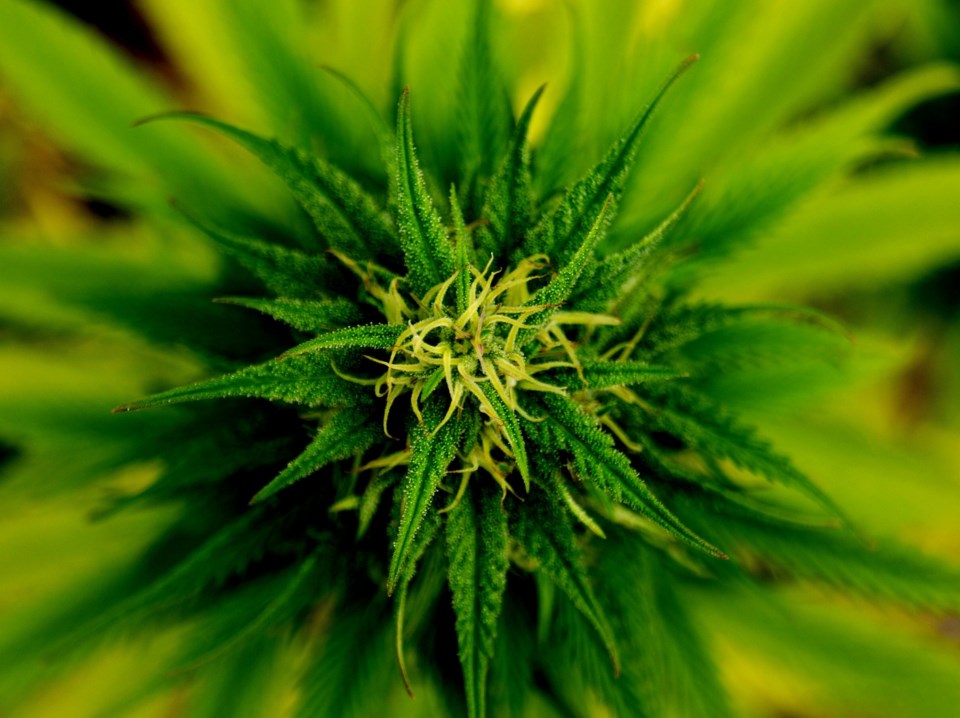Science has given another nod to the notion of using a cannabis compound to fight disease. In this case, researchers at Ontario's University of Waterloo have discovered that synthetic cannabidiol (CBD), a non-psychoactive compound also found in the cannabis plant, can offer some partial protection against SARS-CoV-2 (COVID-19).
The university researchers found that CBD augments the antiviral response of human cells to three key proteins produced by the SARS-CoV-2 genome. This was until now an unknown effect, said the university.
In the study, headed by professor Robin Duncan of Waterloo's Department of Kinesiology and Health Sciences, researchers studied these proteins in human kidney cells, both alone and in combination with CBD, as well as the effects of CBD in healthy control cells.
“When cells in the lungs or the digestive tract are infected with a virus, they have an ability to sense and respond, even before the immune system notices a virus is present,” said Prof. Duncan.
“They do this by activating innate responses inside of cells, which form the first line of defence. In the case of COVID-19, however, this response isn’t very good, which has contributed to high infection rates."
She explained that with an RNA-type virus, which describes COVID, human cells should activate a response to attack the viral genome, causing a process known as apoptosis, which kills infected cells early on.
"This could stop an infection, or slow its spread in the body or to others. When we combined CBD with these viral proteins, they had a much better ability to activate this system and to activate apoptosis," said Duncan.
She said she was pleased to learn that when cells had not been exposed to COVID proteins, the application of therapeutic doses of CBD acted to prime the innate antiviral system of the human cell, and increased their readiness to respond to a viral infection.
Waterloo's post-doctoral fellow Maria Fernandes, who performed the cell studies, said it was a positive finding.
“This suggests CBD at the right dose could help cells be in a better state of readiness to respond to a virus, but it doesn’t cause a response unless there is a need," said Fernandes, who is one of six co-authors of the study.
Duncan also said the idea is supported by evidence from users of a high-dose pharmaceutical CBD licensed in the United States for the treatment of rare types of epilepsy. In that study, patients taking prescription high-dose synthetic CBD had around a tenfold lower risk of testing positive for COVID-19. Duncan added that CBD does not cause a high, the way THC does, making it more widely useful.
The study, “Cannabidiol and the antiviral response to SARS-CoV-2 proteins,” is co-authored by Duncan, Fernandes, John Zewen Chan, Chia Chun Joey Hung and Michelle Tomczewski. A pre-peer-reviewed version is published on BioRxiv.org, and is under review in the journal Life Sciences, said a news release from the university.
